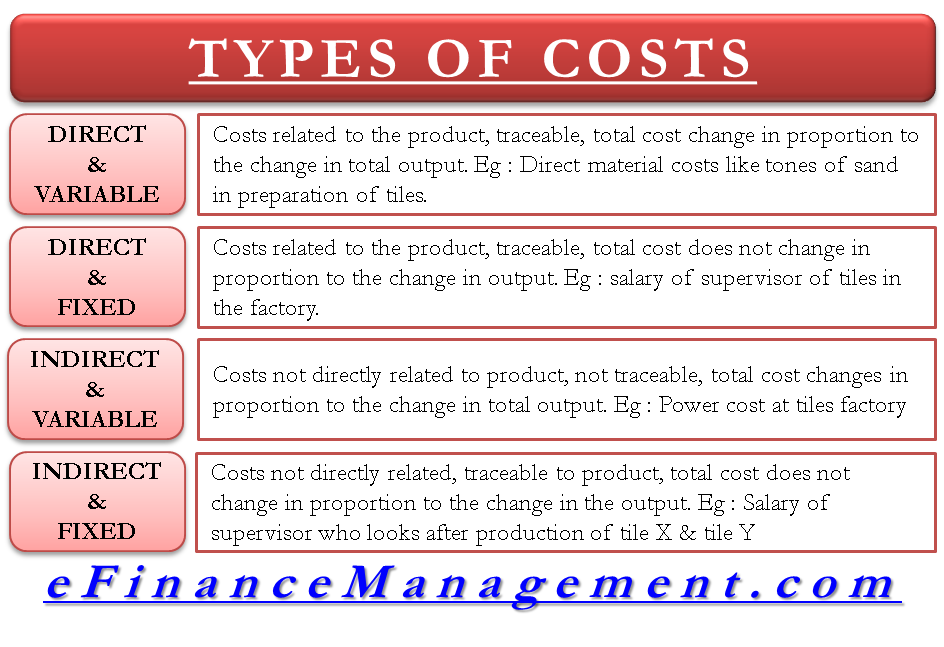

After all, if a company can reduce the cost of materials and labor, profits increase. Examples of variable costs include the costs of raw materials and labor that go into each unit of product or service sold. When business owners want to increase profits and make more money per sale, they often look at lowering their cost of goods sold, including variable costs. If Pucci’s can increase production without affecting fixed costs, its average fixed cost per unit will go down. If Pucci’s slows down production to produce fewer collars each month, it’s average fixed costs will go up. So for every dog collar Pucci’s Pet Products produces, $1.47 goes to cover fixed costs. So Pucci’s average fixed cost would be as follows: Pucci’s monthly fixed costs are as follows:Ĭurrently, Pucci’s produces 10,000 dog collars per month. To illustrate, say Pucci’s Pet Products manufactures dog collars and wants to know its average fixed cost per collar.

Total Fixed Cost / Number of Units Made = Average Fixed Cost What is average fixed cost?Ĭalculating your company’s average fixed cost tells you your fixed cost per unit, which gives you a sense of how much it costs to produce your product or service before factoring in variable costs. Once you know your total cost, you can use that number to calculate average fixed cost. The result is your company’s total fixed costs. Identify all the expense categories that don’t change from month to month, such as rent, salaries, insurance premiums, depreciation charges, etc. Review your budget or financial statements.To determine your business’ total fixed costs:

Any costs that would remain constant, even if have zero business activity, are fixed costs. Look for expenses that don’t change, regardless of your business’ quantity of output. To find your company’s fixed costs, review your budget or income statement. Your business’ fixed cost accounting will be different from other companies, depending on whether you rent or own, hire employees or independent contractors, manufacture products or deliver a service, etc.

However, utilities are generally considered fixed costs, since the company must pay a minimum amount regardless of its output. Some utilities, such as electricity, may increase when production goes up.


 0 kommentar(er)
0 kommentar(er)
